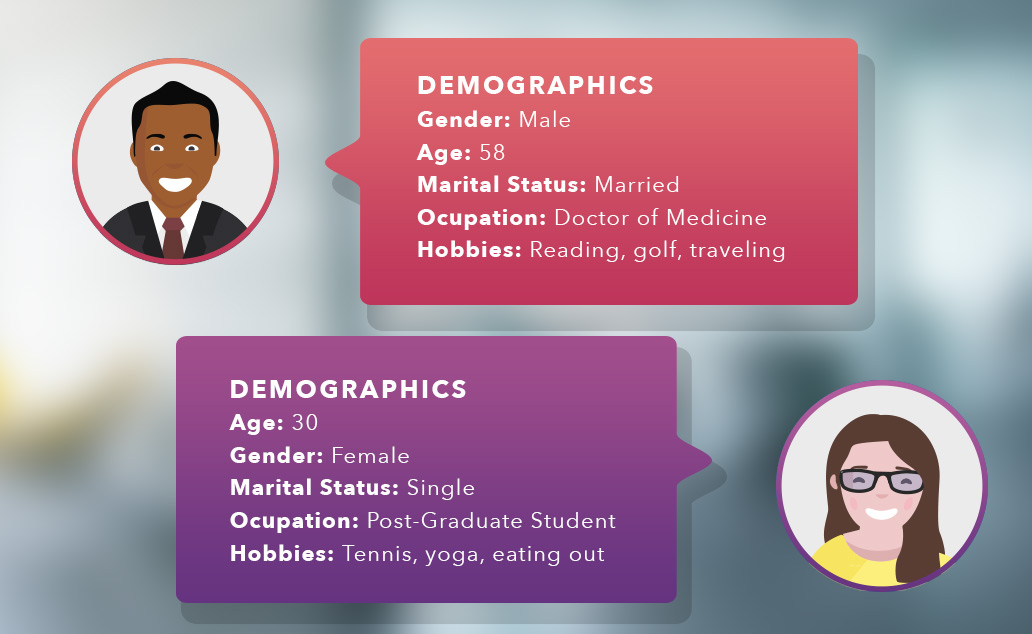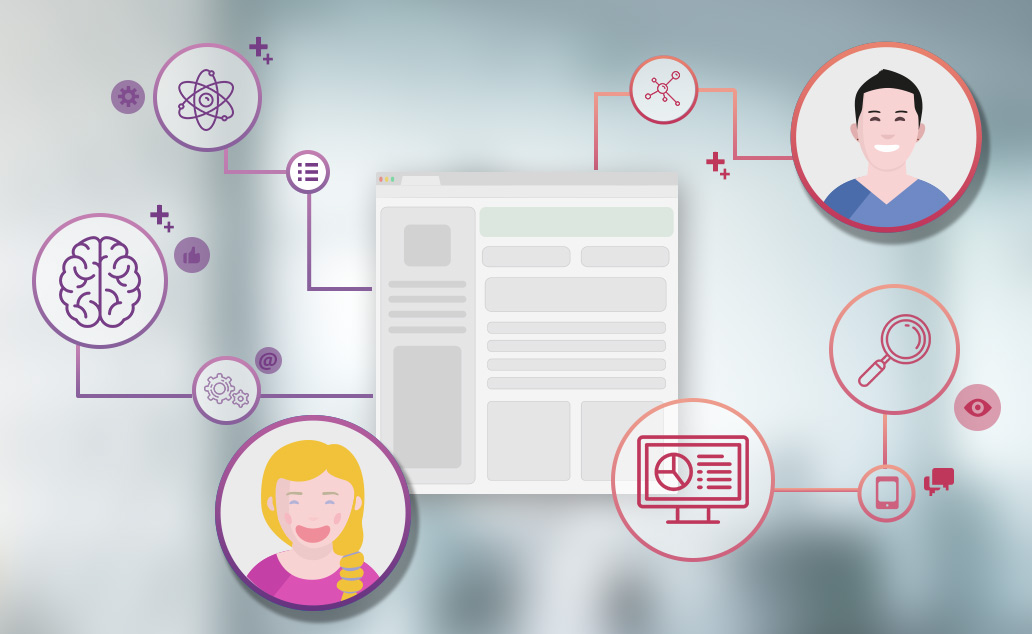
“The aim of marketing is to know and understand the customer so well the product or service fits him and sells itself.” – Peter Drucker, business educator and expert
Really knowing your target audience is an essential component of any successful marketing strategy and for dramatically growing revenue. According to Gartner Research, customers will manage 85% of their brand relationships without ever speaking to a human by 2020. That means your business website will be enormously influential and a powerful communication tool for potential consumers. Brands that fail to target specific people through a marketing message will spend valuable time and money on content that doesn’t speak to the people most interested in consuming it. A little customer research will minimize this loss and help you take your brand experience to the next level.
Understanding Your Target Audience
Your target audience is a specific set of consumers you are seeking to attract to your brand. They can be grouped into tiers based on similarities such as purchase history, job title, industry or needs. They are the ones who will find the most benefit from your product or service, and you’d be wise to focus on the ones that are buying up your brand’s products or services the most. Identifying the needs of your target audience will help your marketers, copywriters and sales team create tactical solutions that reach people most likely to engage and purchase from your brand.
So you understand the importance of reaching your target audience, but how do you figure out who they are? Who your target audience is takes some due diligence on your part. Obtaining consumer demographic information will help you shape your frame of reference for digital marketing solutions.

One way to gain insight is to form a profile or user persona to represent your most coveted customers. During a website audit for example, a brand’s digital agency may perform an extensive audit that includes research and analysis of target audience information, demographics, customer profiles, value proposition and brand messaging to gain a deeper understanding of the customer base and specific needs. A customer profile will help you gather information about a specific type of consumer so that you can add context to marketing messages. Learning more about your ideal consumer also gives brands more ways to create customer-centric solutions. A typical customer profile might include the following information:
- Age
- Gender
- Marital Status
- Occupation
- Hobbies
- Buying habits (i.e. brands they like, stores where they shop, etc.)
- Publications or reading material they subscribe to
With this information in hand, you can align your website and content to provide information customers find useful, fun and engaging—an important first step in building brand loyalty.
Another way to learn more about your target audience is to interview your current customer base through surveys or Q&As. Interviews will help you find out what attracted people to your brand. Was it a specific need you solved? Where did they learn about you? Asking questions like these will help you root out ways to streamline and tailor your offerings for increased ROI. You may also want to do a deeper dive and examine select demographic information for each of your top customers. Once you have demographics and answers to your customer questions you can begin to hone in on a strategy that resonates powerfully with your target audience.

Marketing Strategy
Having a firm grasp of who you are selling to helps you with strategic decisions and towards achieving very specific goals. Understanding your target audience helps you identify better platforms for outreach, smarter keywords and social media content as well as media that will actually resonate and attract attention from the people that really matter.
With an inbound marketing strategy for example, not only can brands double average website conversion rates, but also provide consumers with positive, authentic interactions with your brand. Addressing the real needs of your target audience will help you collect invaluable feedback, encourage consumer engagement and inspire your consumers to share your brand with family and friends. Which is not too bad when you’re looking for ways to drive brand awareness and growth.